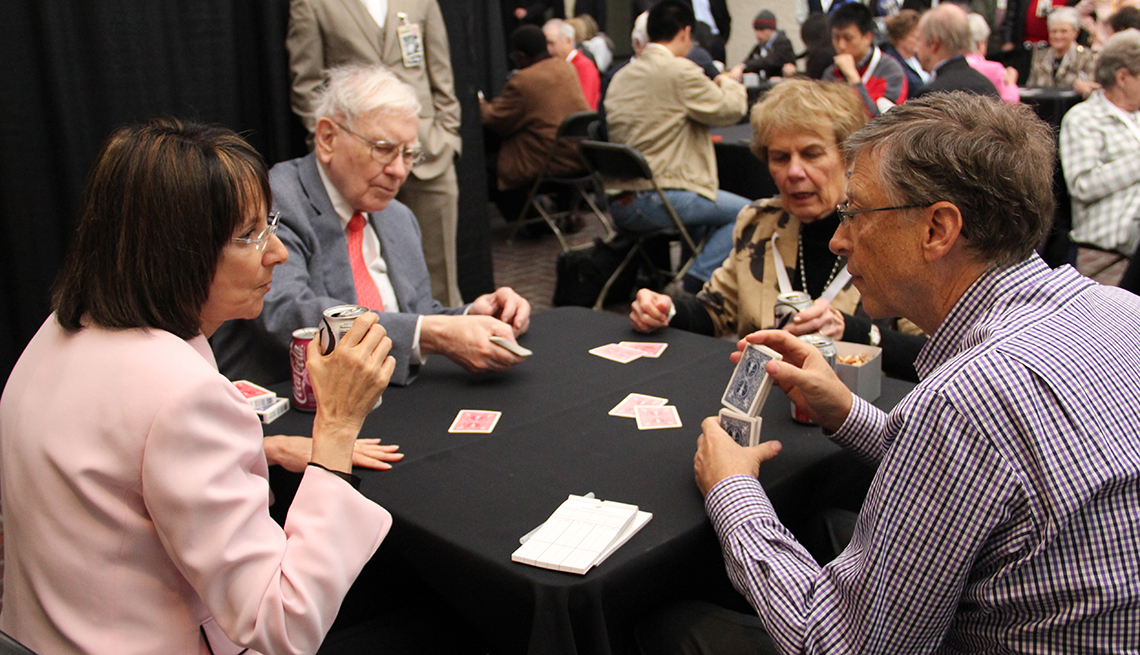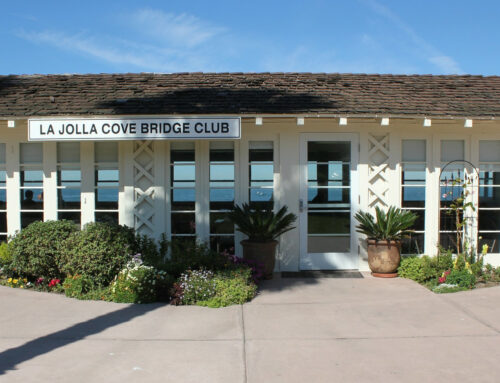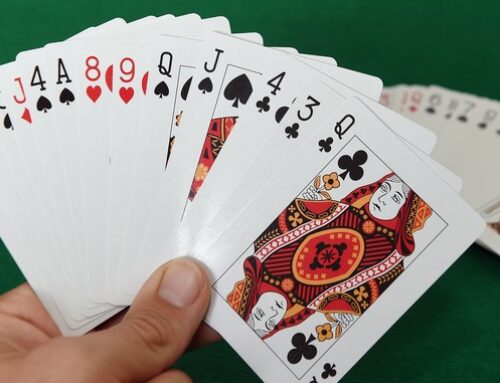Playing your cards right can help keep you sharp long after retirement
In 2007, at 82, Melander became the oldest player to win a U.S. national duplicate bridge championship; he did it again in the senior division four years later. The game remains a rewarding, if sometimes vexing, pursuit for the retired physician from West Bloomfield, Mich.

Warren Buffett (second from left) and Bill Gates (right) are among those for whom bridge plays a role in staying mentally sharp.
“It is the intellectual challenge, the problem-solving satisfaction” that makes bridge so attractive, said Melander, 89, who finished runner-up in the Super Senior Pairs at the Fall North American Championships last December in Providence, R.I. “Let’s put it this way: Any activity from which you derive pleasure prevents the onset of classic depression.”
“Bridge,” added Melander with an audible sigh, “is the equivalent of a narcotic high.”
Benefits of mental gymnastics
The game has a similar allure for an estimated 25 million players in the U.S., including such fanatics as Warren Buffett and Bill Gates. The majority of them are over 50. Researchers have discovered that mentally challenging games such as bridge are well suited for older people because the games offer intellectual and social stimulation on a routine basis.
Bridge’s intricacies make it particularly appealing for those who want to sharpen acuity with mental gymnastics. A study in 2000 at the University of California, Berkeley, found strong evidence that an area in the brain used in playing bridge stimulates the immune system. Researchers suggest that is because players must use memory, visualization and sequencing.
“When I first started playing in my late teens, I could not remember the cards played,” said Burt Saxon, 67, a retired teacher from Milford, Conn. “By my 50s, I pretty much recalled every card. Now that I am older, I have to work at it. I believe bridge helps prevent my short-term memory from completely declining.”
Keith A. Josephs, a neurologist at the Mayo Clinic in Rochester, Minn., said, “It is soft data that says, ‘Boy, perhaps playing these games and being socially active result in better performance.’ Patients are less likely to be depressed; hence they sleep better,tend to exercise more and have a better life in general. They do better from a cognitive standpoint.”
Josephs stressed there is scant medical evidence that “playing any of these games is going to prevent a degenerative process or the onset of Alzheimer’s. Rather, it might delay the onset of symptoms so that the individual can function at a higher level,” he said.
Heather Snyder, director of medical and scientific operations at the Alzheimer’s Association, said one thing that is lacking in Alzheimer’s disease research “is the recipe of what is going to reduce someone’s risk or delay the onset.”
Last year, the Alzheimer’s Association shared the results of a large-scale clinical trial in Finland that demonstrated the benefits of combining cognitive training and social activity — two of bridge’s chief benefits — with other lifestyle elements: that multiple changes in lifestyle can improve memory and thinking in those at risk for cognitive decline.
A 2014 study by the University of Wisconsin-Madison found that playing card and board games can help older people retain their mental sharpness. Researchers discovered that the frequency of playing games is associated with greater brain volume in several regions that are affected by Alzheimer’s disease. Those who played more frequently also scored higher on cognitive tests.
Staying socially engaged
In Melander’s case, playing bridge into his golden years appears to have benefited his overall well-being. Through bridge, he keeps socially engaged and cognitively challenged. Of course, he did not have to be concerned about such things when he was a teenager, a time when bridge trumped most leisure activities in America.



Leave A Comment
You must be logged in to post a comment.